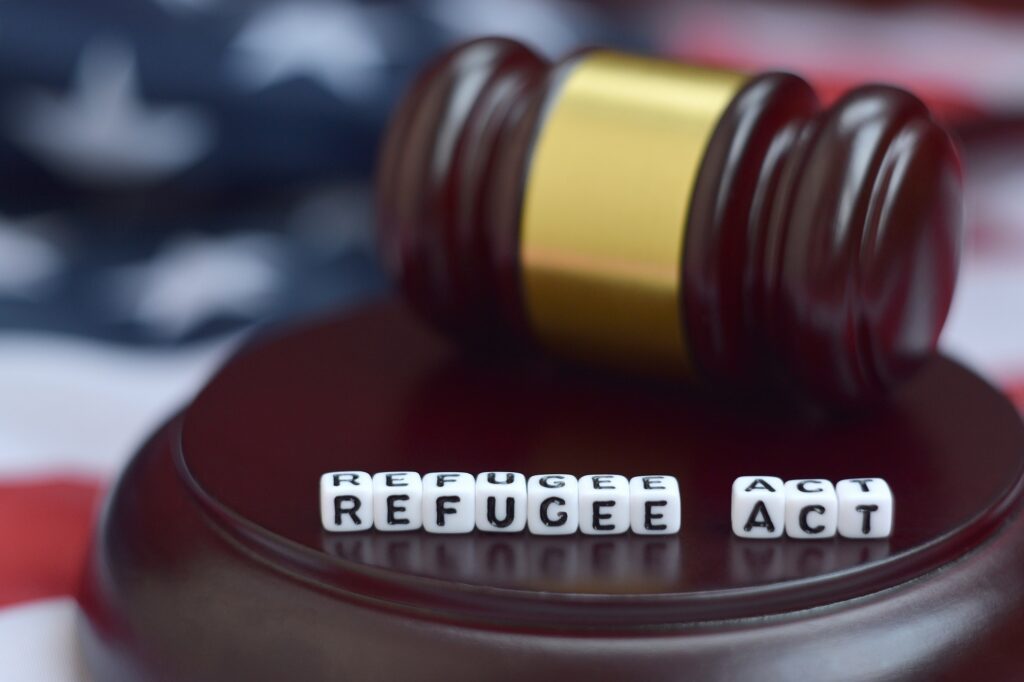Key Takeaways:
- Increasing Asylum Applications: There is a growing trend of Belarusian and Russian citizens seeking asylum in the United States due to political instability and repression in their home countries.
- Challenges for Vulnerable Groups: Russian LGBT+ asylum seekers face significant hurdles, including detention in immigration facilities, and changes in U.S. policy in 2024 have made asylum processes more difficult for illegal border crossings.
- High Visa Denial Rates: Tourist visa applications for Russians face high rejection rates, with a denial rate of 38.56% in 2024, reflecting the challenges in legal migration routes.
- Call for International Action: These trends emphasize the need for global attention to human rights issues in Belarus and Russia and support systems for asylum seekers.
In recent years, a growing number of Belarusian and Russian citizens have been applying for asylum in the United States. This surge is a direct reflection of increasing political unrest and repression in these countries, pushing individuals to flee in search of safety and freedom.
The Asylum Trend
Data from U.S. authorities reveals that Belarusians and Russians are now among the leading nationalities seeking asylum. This statistic underscores serious concerns about personal security and civil liberties in these regions. People feel compelled to leave not just for a better life but for survival in the face of escalating authoritarian measures.
LGBT+ Challenges
For members of the LGBT+ community in Russia, the situation is particularly dire. Many who cross into the U.S. through Mexico face detention in immigration facilities, and systemic barriers hinder their pursuit of asylum. In 2024, the U.S. implemented stricter policies for individuals entering illegally, complicating the process for vulnerable groups like LGBT+ refugees.
The co-founder of the organization OURS IN THE USA recounted a chilling example where a Russian individual was denied asylum with the dismissive advice: “Return to Russia and just don’t tell anyone you’re gay.” This illustrates the hostility and misunderstanding faced even in the asylum process.
Tourist Visas: An Uphill Battle
Legal migration pathways remain tough for Russians. For example, tourist visas (category B1/B2) had a rejection rate of 38.56% in 2024, only slightly lower than in 2023. This highlights how difficult it is for Russians to secure legal entry into the U.S., whether for temporary visits or permanent relocation.
A Call to Action
These trends signal deep-seated issues with human rights and freedoms in Belarus and Russia. While individuals seeking safety endure daunting challenges, the responsibility for change extends beyond their personal struggles. In my opinion, the international community must step up, recognize these crises, and provide meaningful support to those fleeing persecution.
Global policies and aid systems must adapt to better accommodate refugees, especially from regions plagued by political oppression. Without significant action, these human rights violations will continue unchecked, and the pathways to safety will remain perilous for many.
#










